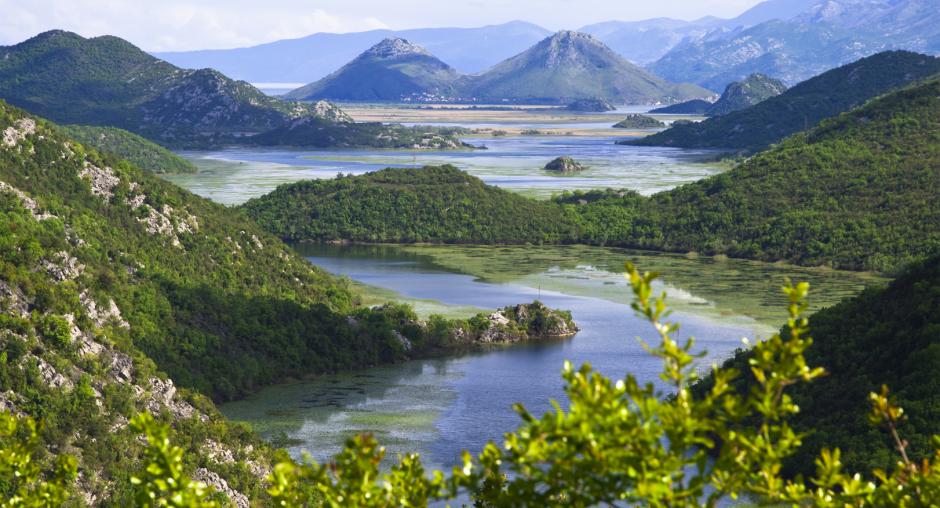Environmental activities
Working in partnership with international organizations, national governments and civil society, the OSCE tackles environmental and security issues in many different areas. It supports projects and activities to ensure sustainable management of natural resources, particularly water, within and between countries, reduce risks of disasters, address the challenges of climate change and manage hazardous waste safely. It also works to raise environmental awareness, promote public participation in environmental decision-making and facilitate access to justice in environmental matters, particularly through the Aarhus Centres.
The OSCE supports an energy dialogue among its participating States which include the world’s leading energy producer, consumer and transit countries. The OSCE activities incorporate energy security, including the promotion of renewable energy and addressing the challenges of the energy transition, strengthening network resilience, energy efficiency and green growth.
Activities facilitated by the OSCE promote sustainable development and good environmental governance in the OSCE region and beyond.
The Office of the Co-ordinator of OSCE Economic and Environmental Activities (OCEEA) implements projects in close co-operation with OSCE field operations; organizes an annual Economic and Environmental Forum; and holds a yearly Implementation Meeting to assess progress to assess the implementation of economic and environmental commitments by the OSCE participating States and to identify priorities for future work. The Office works closely with the Organization's Chairmanship and under the guidance of the Economic and Environmental Committee, a subsidiary body of the Permanent Council. Since 2003, the OSCE partners closely with other international organizations within the Environment and Security Initiative (ENVSEC), which provides a framework for co-operation on environment and security issues within and across borders. Through ENVSEC, the OSCE works to promote peace and stability through environmental co-operation and sustainable development in South-Eastern Europe, Eastern Europe, the South Caucasus, and Central Asia. The OSCE addresses environment and security challenges also within the framework of its partnership with the OSCE Mediterranean and Asian Partners for Co-operation.
In the area of energy, the OSCE engages with the members of the Vienna Energy Club, UNECE, Energy Charter Secretariat and the International Energy Agency.
The OSCE’s environmental activities are carried out by the OCEEA and a number of field operations, and mainly focus on:
- Promoting transboundary co-operation on environmental challenges;
- Supporting national authorities in the implementation of multilateral environmental agreements;
- Strengthening local, national, and regional capacities for addressing environmental challenges that might have an impact on security;
- Supporting the development and revision of environmental legislation, strategies and plans to meet international standards and commitments in various environment-related areas;
- Facilitating sustainable management of natural resources with a particular focus on water;
- Creating awareness on security implications of climate change and supporting the development and implementation of transboundary climate change adaptation strategies;
- Supporting disaster preparedness, prevention, response and recovery at community level as well as at national and transboundary levels;
- Strengthening capacities for detection and prevention of environmental crimes, including at borders;
- Promoting sustainable management of hazardous waste and substances;
- Enhancing environmental awareness and promoting transparency and public participation in decision-making, and access to justice in environmental matters, particularly through the Aarhus Centres;
- Strengthening the capacities of civil society to address environment and security challenges;
- Promote gender mainstreaming and effective engagement of women and youth in environmental activities;
- Building regional capacity and raising awareness in sustainable energy and opportunities and challenges of the energy transition for the public and private sector; and
- Addressing threats to non-nuclear critical energy infrastructure.

